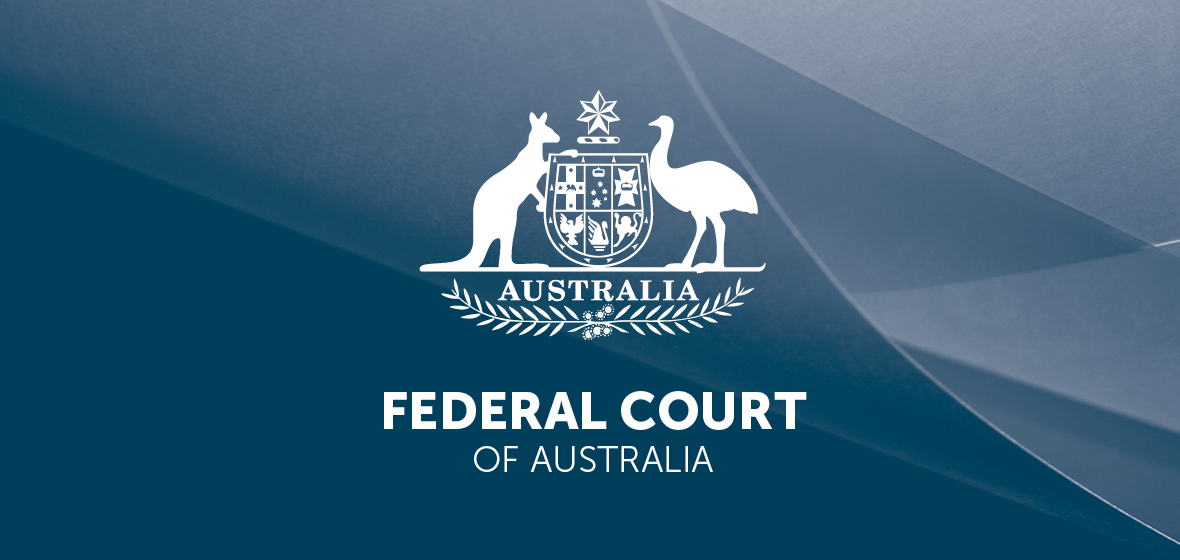Key decisions
- QC Resource Investments Pty Ltd (In Liq) v Mulligan [2016] FCA 813
- Construction, Forestry, Mining and Energy Union v Australian Competition and Consumer Commission [2016] FCAFC 97
- MZAMP v Minister for Immigration & Border Protection [2016] FCA 804
Claim of privilege against self-exposure to a penalty or self-incrimination – whether relieved from pleading a defence – extent to which the claim for privilege needs to be supported by evidence and submissions
In QC Resource Investments Pty Ltd (In Liq) v Mulligan [2016] FCA 813 (15 July 2016) the Court (Edelman J) considered the claim of the respondent (Mr Mulligan) to be relieved from pleading to extensive parts of a statement of claim by reason of his asserted claim for the privilege against self-exposure to a penalty and self-incrimination. The Court ordered Mr Mulligan to provide to the applicants an affidavit setting out in relation to each allegation for which he maintains a claim for privilege, the particular pleading rule or rules within the Federal Court Rules 2011 (Cth) from which he seeks a dispensation, and the basis upon which he apprehends that compliance with the Rules will tend to incriminate him or expose him to a penalty.
The applicants, QC Resource Investments Pty Ltd (QCRI) and its liquidators, brought proceedings seeking declarations that Mr Mulligan had breached his duties as a director of QCRI (ss 180(1) and 181(1) of the Corporations Act 2001 (Cth)) and permitted QCRI to trade while insolvent (s 588G(2) of the Corporations Act). The applicants did not seek any civil penalties. Mr Mulligan refused to plead to 92 paragraphs of a statement of claim on the basis that if he was required to plead, he might be exposed to a penalty in other, unspecified litigation which had not been threatened or commenced. He submitted that the six-year time limit for ASIC to bring penalty proceedings against him had not expired (s 1317K of the Corporations Act), and that ASIC had not informed him that they would not bring penalty proceedings.
The Court (at [19]-[25]) considered the authorities for two different circumstances in which the privilege against exposure to a penalty arises. At [21] Edelman J observed that the decision of Deane J in Refrigerated Express Lines (A/Asia) Pty Ltd v Australian Meat & Livestock Corporation (1979) 42 FLR 204 was referred to with approval by the High Court in Pyneboard Pty Ltd v Trade Practices Commission (1983) 152 CLR 328 at 335-336 ‘for the distinction between (i) refusing discovery in a mere action for a penalty, and (ii) requiring objection to particular documents in an action which was not for a penalty (the result of which might be used to establish a party’s liability to a penalty in other proceedings)’. For the second circumstance, ‘something more’ is required to justify the dispensation from pleading rules, depending on all the circumstances of the case and upon the rules of pleading from which dispensation is sought. Edelman J stated (at [24]) ‘it is not enough simply to allege that there is a possibility of ASIC commencing penalty proceedings. It is necessary to descend to the detail of each claim for privilege’.
Orders were made giving Mr Mulligan the opportunity to bring an application to relieve him from the rules of pleading supported by affidavit evidence and submissions explaining the reasonable grounds for each claim (at [41]).


